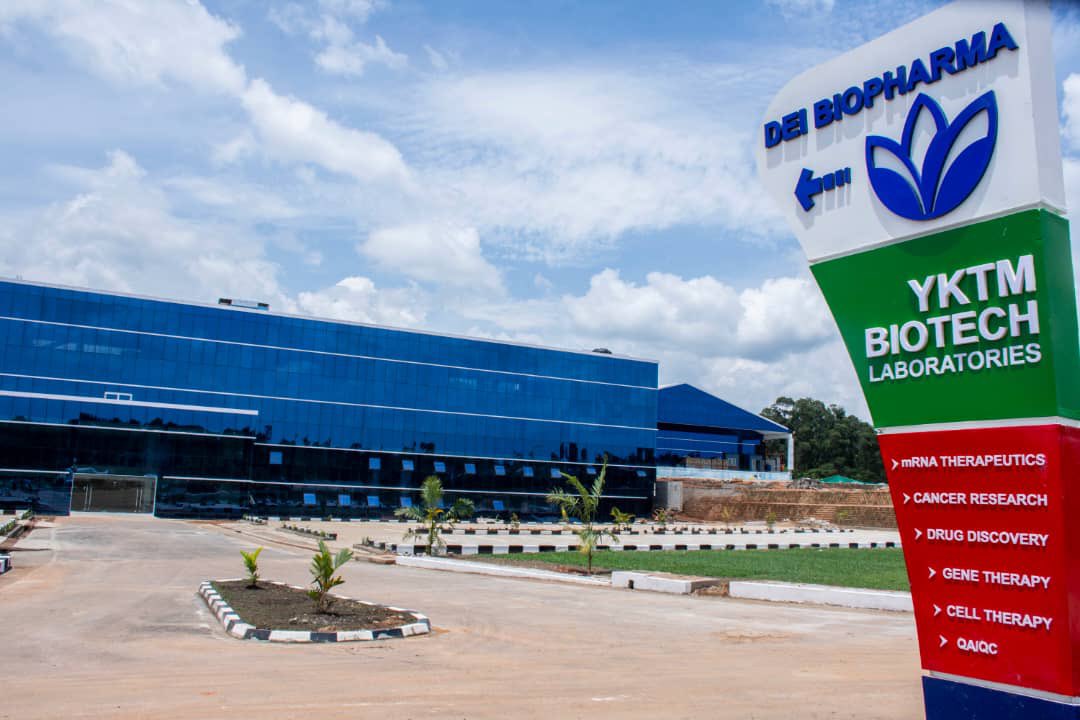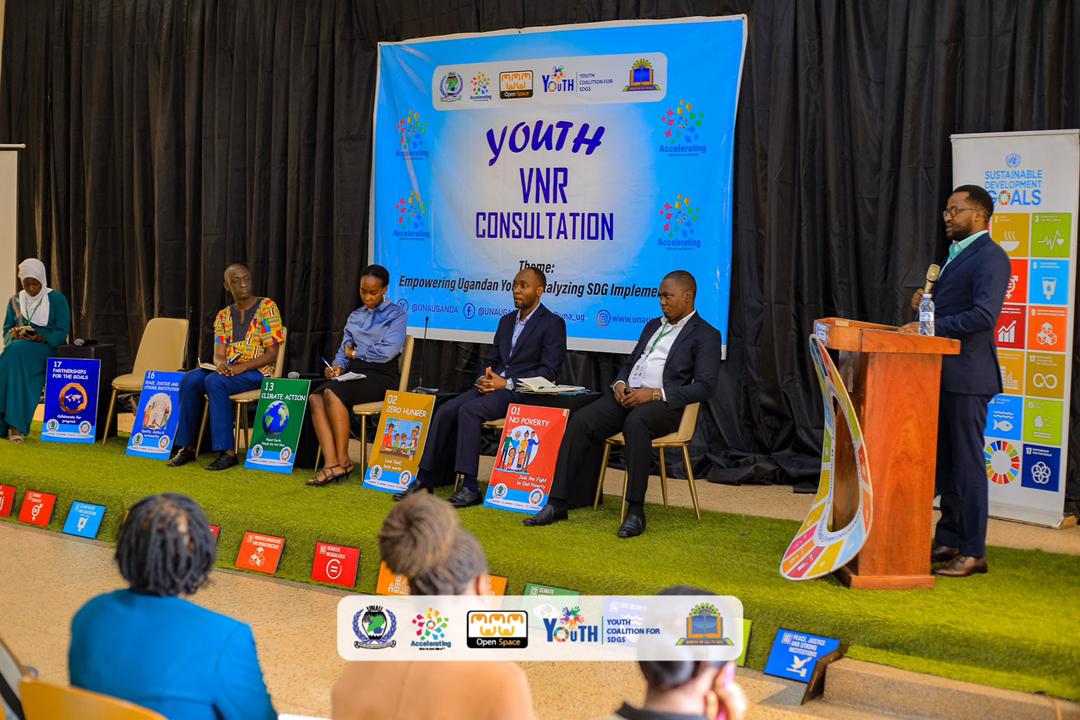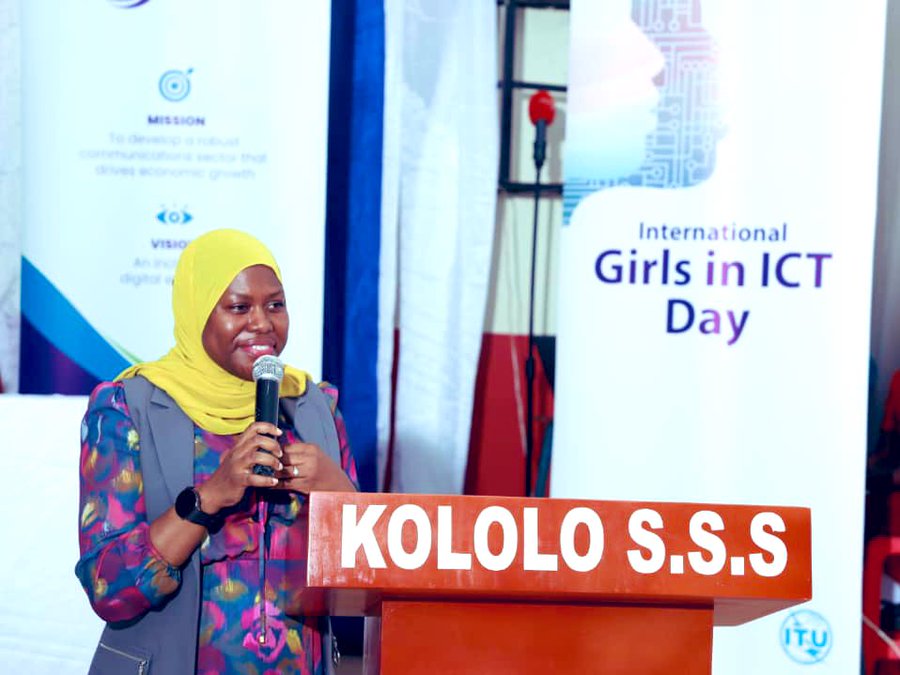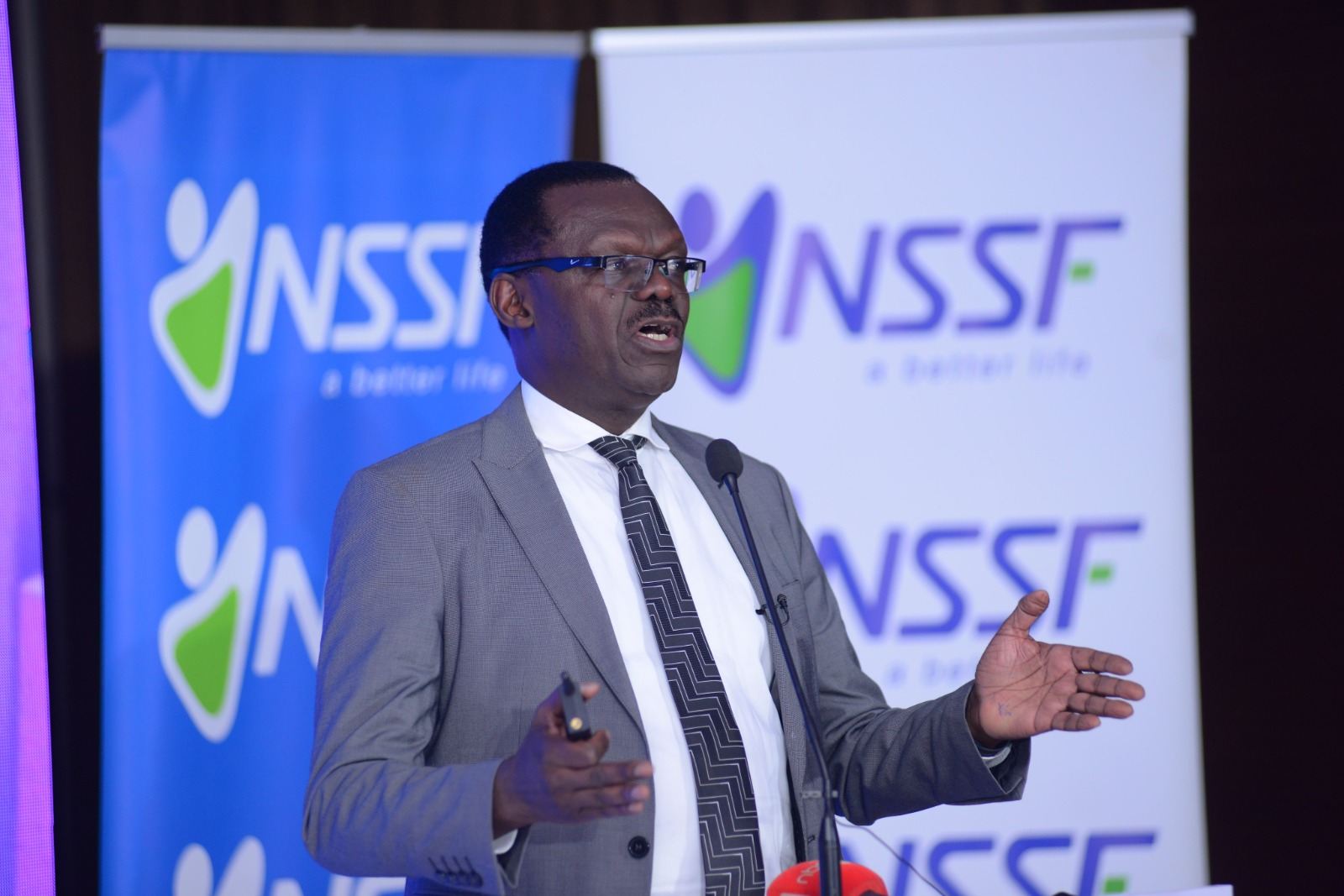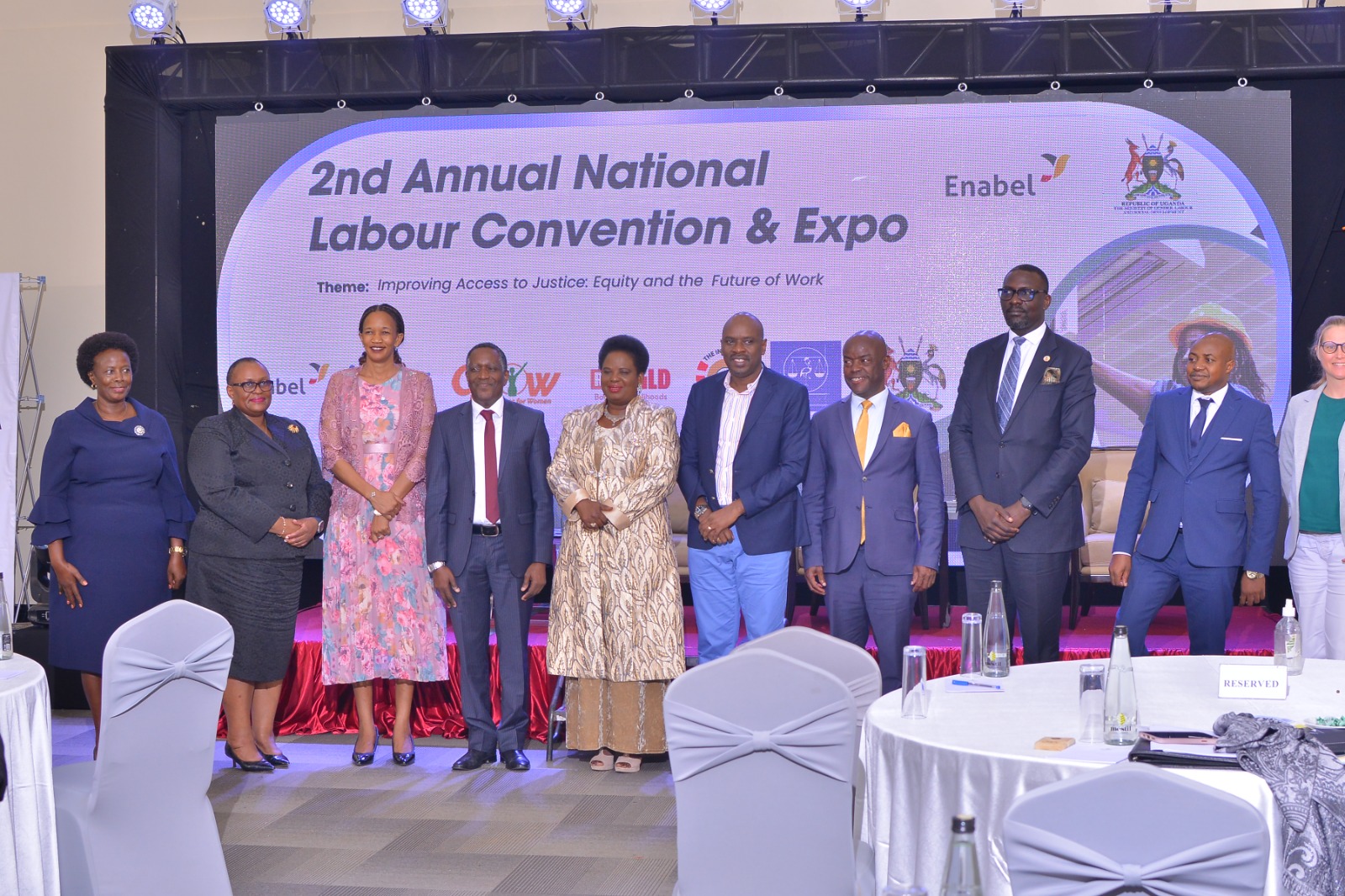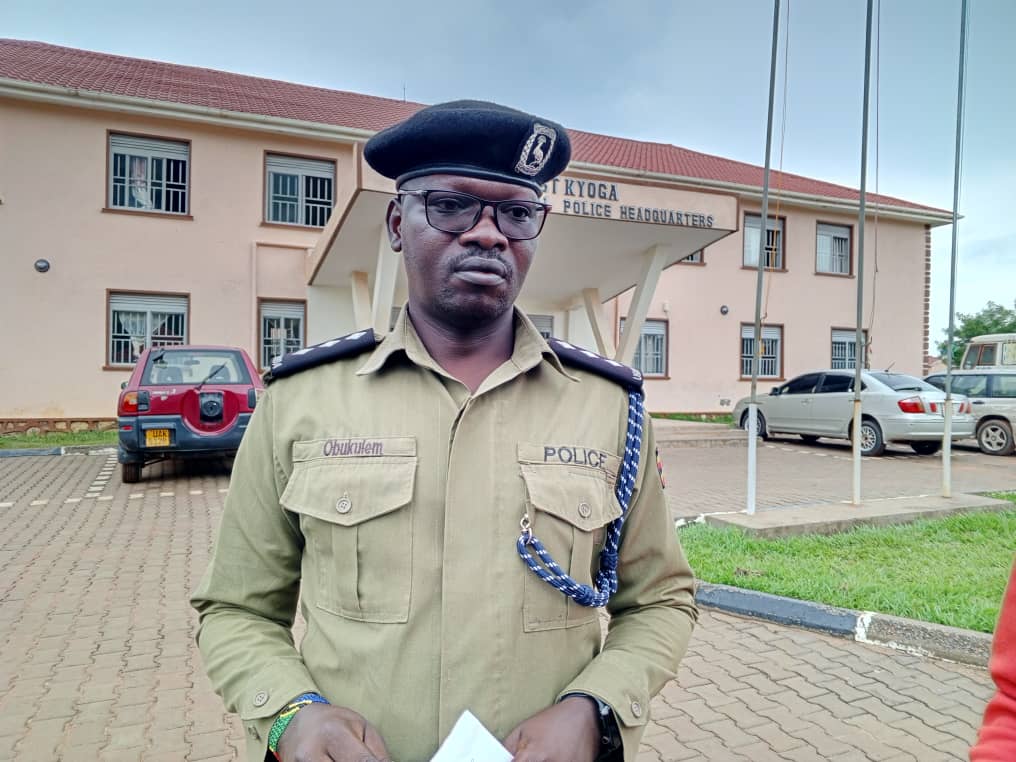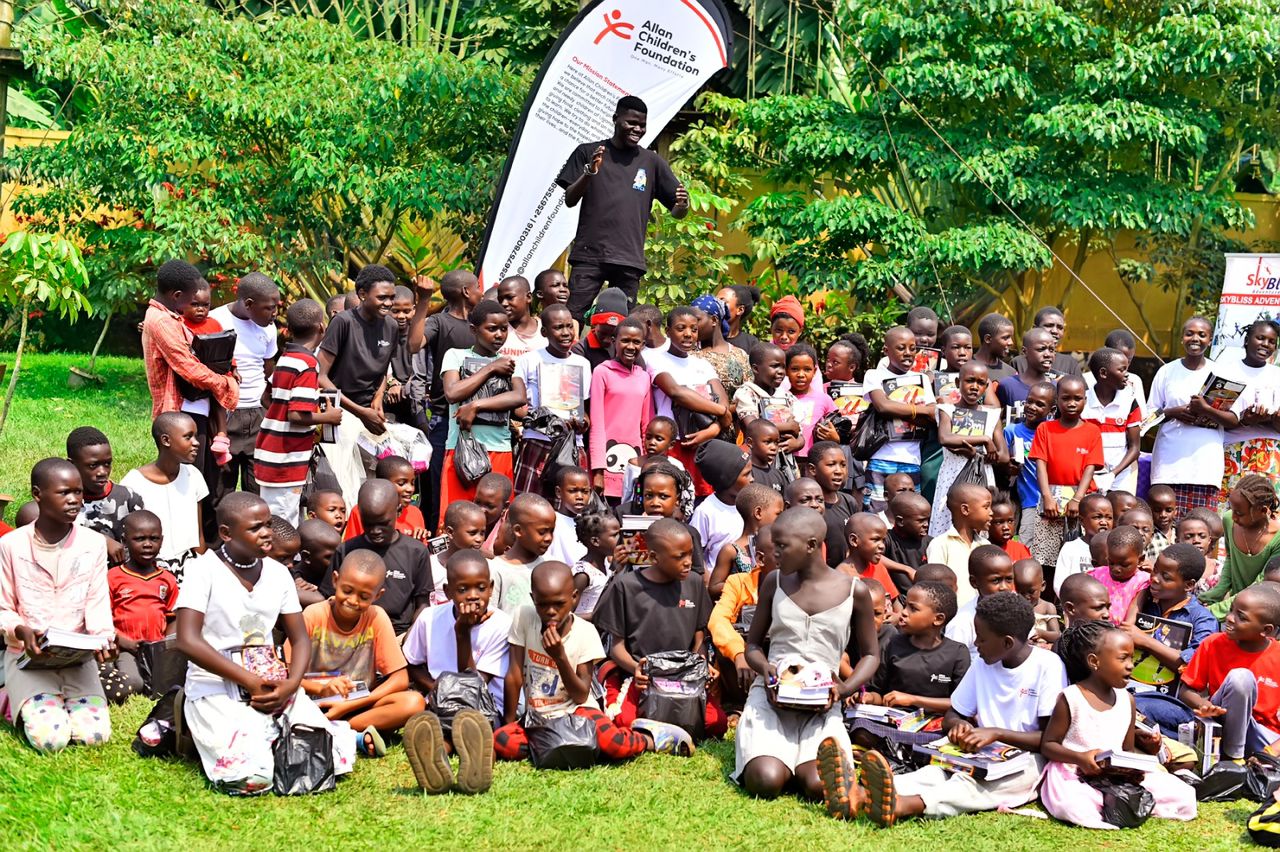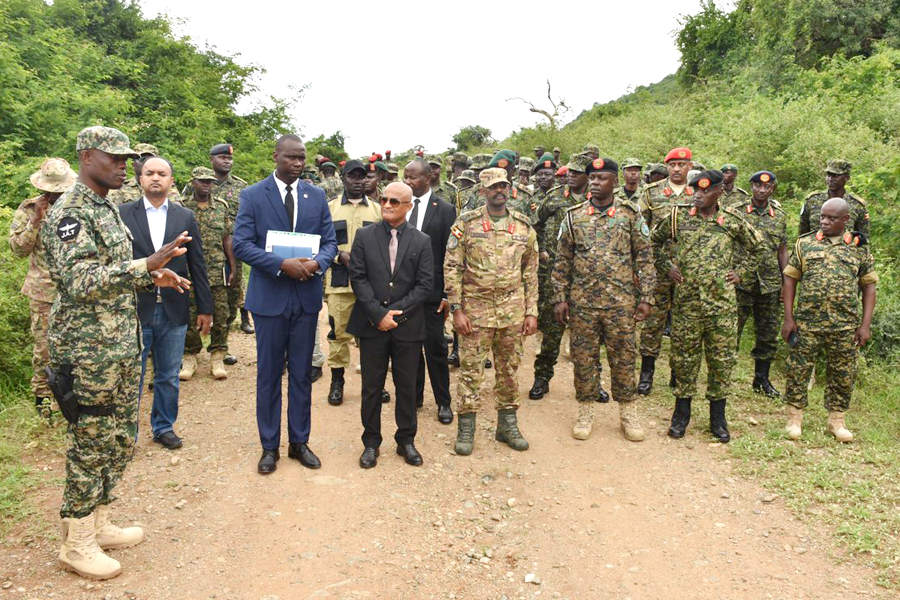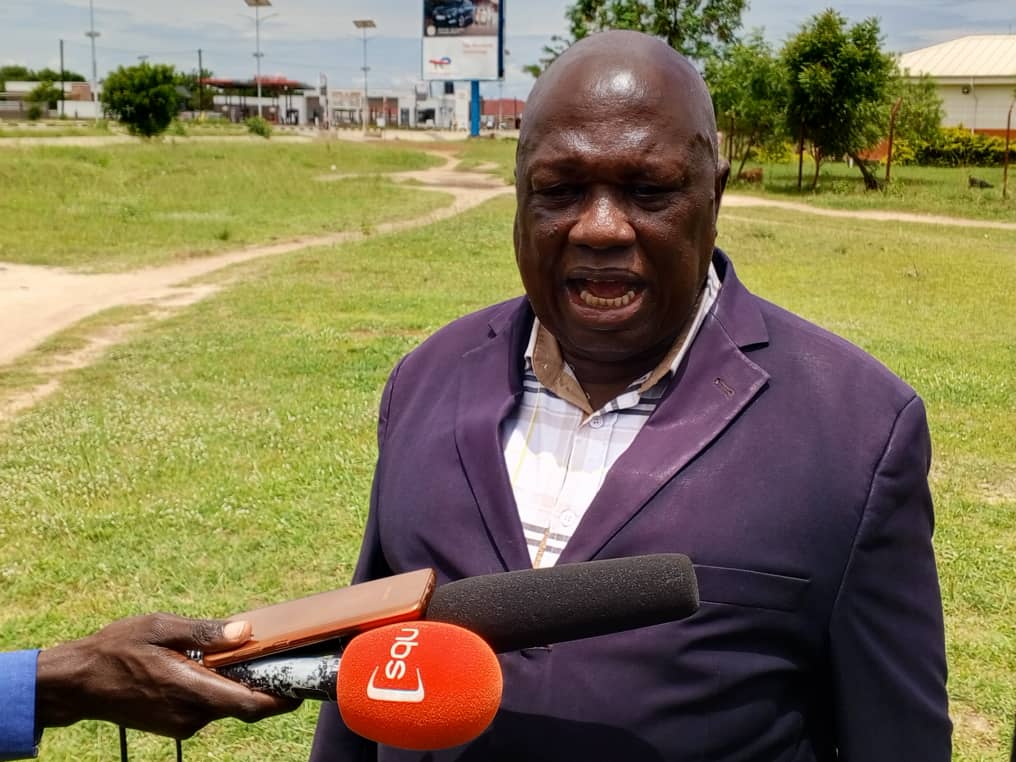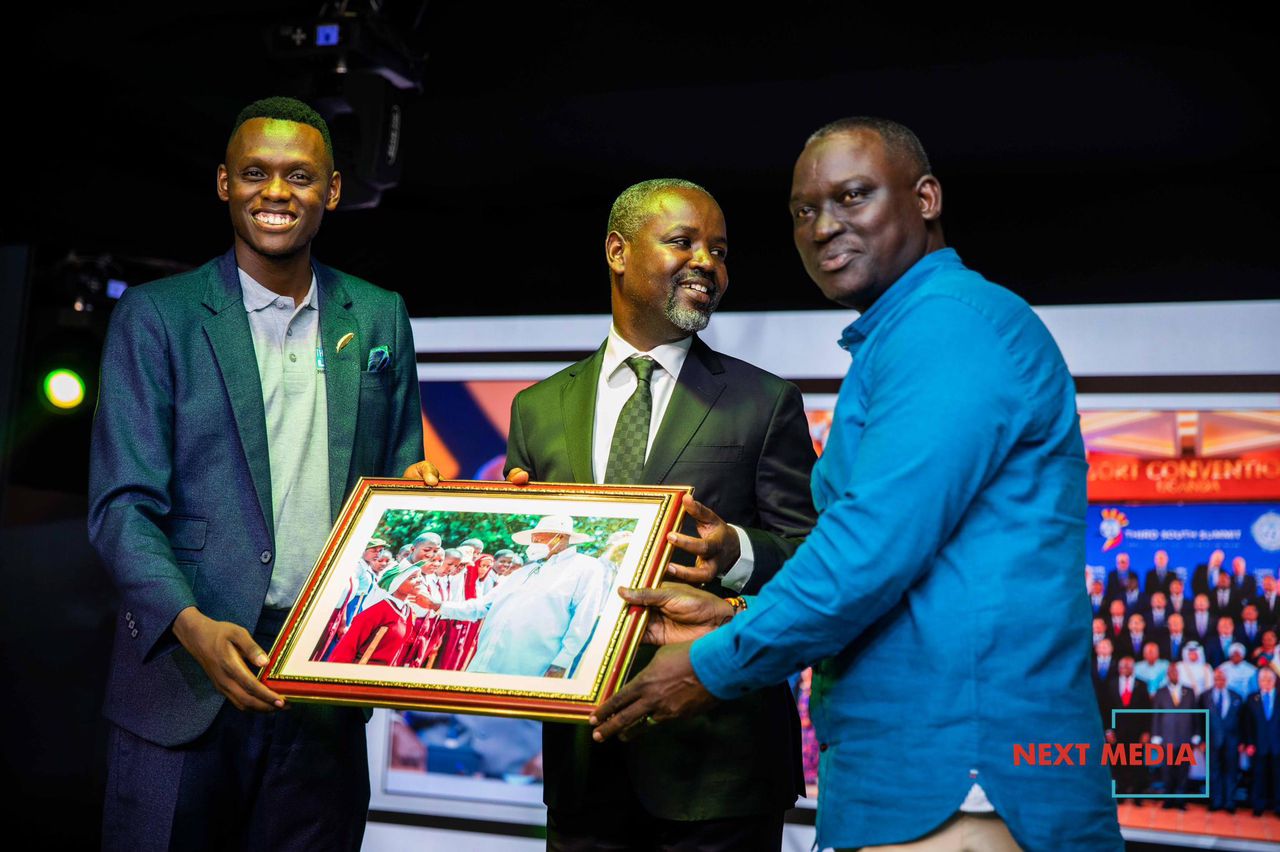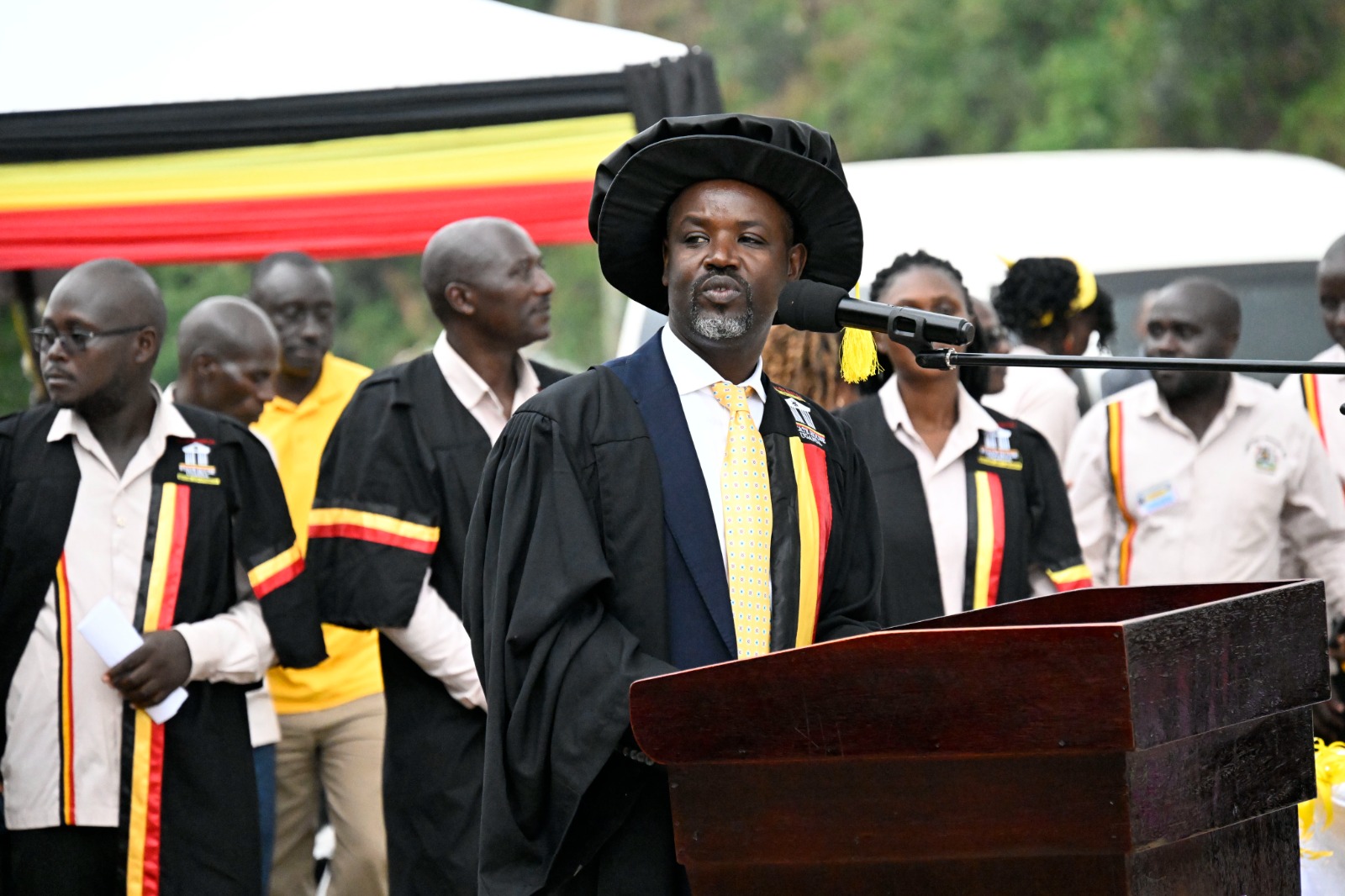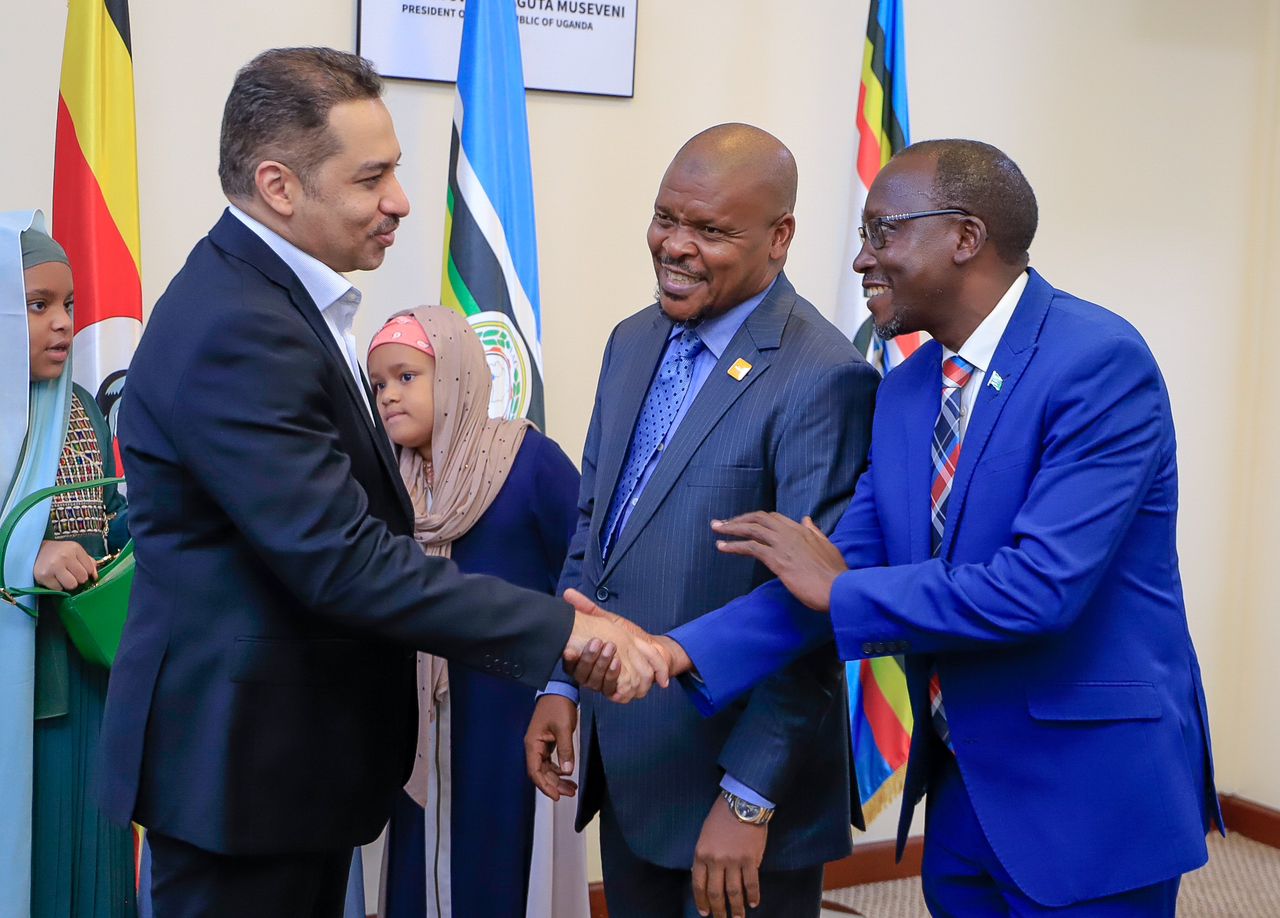East African oil pipeline finally gets insured
The East African Crude Oil Pipeline (EACOP) has finally been insured, the Nile Post has learnt.
The 1,445-kilometer-long East African Crude Oil Pipeline that draws crude oil from wells in western Uganda in Hoima district to Tanzania’s seaport of Tanga has come under heavy criticism from environmental activists.
Keep Reading
However, according to Uganda’s Insurance Regulatory Authority(IRA) RA Chief Executive Officer, Ibrahim Kaddunabbi Lubega, the process of insuring the pipeline is now done.
“We approved the oil and gas consortium after various players licenced dedicated resources to the creation of the insurance consortium that created the capacity of the consortium. When time came to underwrite the pipeline, it is the consortium we call ICOGU that underwrote and submitted to us to approve whether they have capacity or whether what they are doing is the correct thing. I can confirm that EACOP is fully insured to the extent of the information they submitted,”Kaddunabbi told journalists on Thursday.
“For the policies that they came for have been approved but there are many other policies they need to take up.”
According to Steven Kaddu Mukasa, the manager inspection at IRA described some of the policies as low hanging fruits, adding that the consortium has also taken sophisticated policies so as to insure the pipeline.
“Policies called low hanging fruits like workman’s compensation, motor vehicle and group personal accident policies are in industry and can easily be taken up by insurance companies. There are also sophisticated policies like those that cover for machinery breakdown, midstream activities and many others. All these have been taken up and covered by the insurance for the pipeline,”Kaddu Mukasa said.
The consortium
There have been several voices of dissent from several African and international environmental and human rights organizations who started a campaign to stop the construction of the East African Crude Oil Pipeline.
These had sought to frustrate the $10-billion deal signed by Chinese and French oil giants CNOOC and Total Energies committing to construct the pipeline arguing that it risks damaging one of the world’s most biodiverse regions.
Under their “Stop EACOP” campaign, the activists have carried out a number of activities to frustrate the pipeline including writing to several would be financers of the project not to fund it.
It was also reported that several international insurers had distanced themselves from insuring the 1445-kilometre long pipeline.
However, according to officials from Insurance Regulatory Authority, the Consortium for Oil and Gas Uganda (ICOGU) brings together several industry players who came together and raised capital to cover risks in the oil and gas sector.
IRA boss, Ibrahim Kaddunabbi Lubega said the consortium is non-life based.
“The pipeline has been placed and we have seen the participants take up all the shares to take up. We confirm the risks under the oil and gas are being taken up by insurance players.They have forwarded all the required documents to the authority (IRA) to review the process. This has been done and as an industry we believe we have started seeing the fruits(of oil and gas) . We confirm oil and gas industry has been taken up by insurance players under the arrangement of a consortium,” said IRA’s Steven Kaddu Mukasa.
“Under the arrangement, we have a leader and is the one to take care of the underwriting processes and in case of a claim, it will be the leader to do the documentation and at end of the day, all shares with all other participants in the consortium.”
Recently, Total Energies’ General Manager, Phillipe Groeuix said they are ready to prove detractors wrong.
“Detractors(of this project) in Uganda are many. There are many more outside Uganda but we want to prove them wrong in the sense that this development is good for the environment, for the communities and the most vulnerable people and the country. We will prove them wrong that instead of being bad, this project is a big opportunity,” Groeuix said recently.
“We want to prove them this project is an opportunity for biodiversity, the communities, local culture and local development and it is something that will drive economic development, cultural and heritage development among others.”


